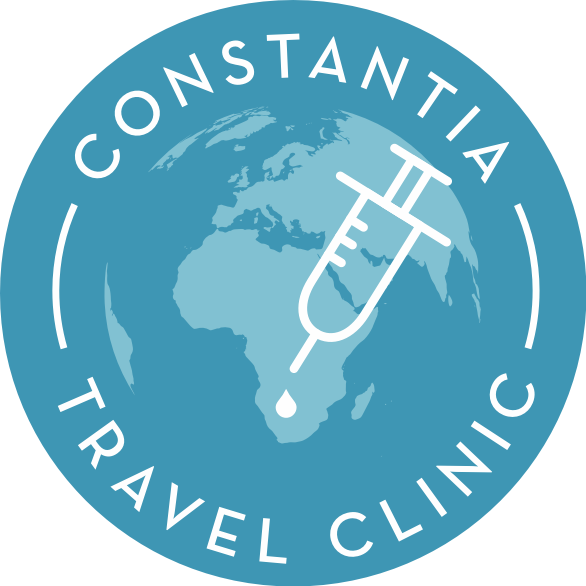Yellow fever vaccinations
Yellow fever vaccinations are required in these countries:
Source: CDC
Africa
Angola, Benin, Burkino Faso, Burundi, Cameroon, Central African Republic, Chad, Ivory Coast, Democratic Republic of Congo, Equatorial Guinea, Ethiopia, Gabon, Gambia, Ghana, Guinea, Guinea Bissau, Kenya, Liberia, Mali, Mauritiana, Niger, Senegal, Sierra Leone, Southern Sudan, Sudan, Togo, Uganda
Source CDC
South America
Argentina, Bolivia, Brazil, Colombia, Ecuador, French Guiana, Guyana, Panama, Paraguay, Peru, Suriname, Trinidad, Tobago
What is yellow fever
International health regulations regarding yellow fever are unequivocal, and travellers who have not been vaccinated may be refused entry into a country and may even face being quarantined in certain circumstances. Travellers who have been vaccinated against Yellow Fever are issued with an internationally recognised vaccination certificate for inspection by immigration officials. This strict control is maintained to ensure that both individual travellers and wider communities in their home countries are protected against outbreaks and the spread of this disease.
To be effective the yellow fever vaccine should be administered 10 days prior to departure. The vaccine provides immunity against the disease for life although not all countries in Africa accept that immunity is for life and require proof of immunisation against yellow fever every 10 years.
Yellow fever ia an acute viral haemmorhagic disease (bleeding disease) caused by the Yellow Fever virus and is transmitted by a day-biting mosquito. Transmission is possible from person to person.
There is NO CURE for the disease but there is an EFFECTIVE VACCINE to prevent it.
The illness can vary from mild to severe and can result in death.
The incubation period of the infection is usually 3-6 days but it could be longer.
Symptoms may be sudden onset of flu like symptoms i.e fever, chills, headache, backache, muscle pain, nausea and vomiting. It can also be more severe causing hepatitis and some patients may experience jaundice which causes yellowing of their eyes and skin, hence the name Yellow Fever. it can also cause haemorrhagic fever which causes bleeding and sometimes death.
Travellers should also take precautions to protect themselves from mosquito bites by applying insect repellannts containg DEET (N,N-diethyl-3-methylbenzamide), wearing long sleeved clothing, sleeping under mosquito-proof nets which are treated with approved insecticides.
Examples of diseases with contraindications to Yellow Fever vaccine that qualifies travellers for waiver certificates:
- Infants aged < 9 months
- Pregnant women
- Persons hypersensitive to chicken eggs
- Breast feeding mothers
- Persons with altered immune status
- Patients who are HIV positive or have AIDS
- Patients with leukaemia, lymphoma and general malignancy
- Those whose immunologic response are suppressed by corticosteroids, alkylating drugs, anti-metabolites or radiation.
Learn more:
Yellow fever immunisation recommendations for travelling in Africa. www.cdc.gov
